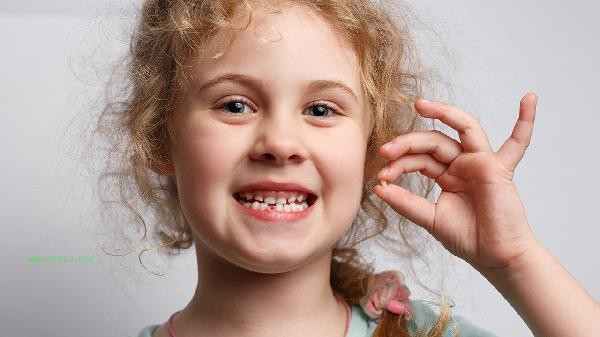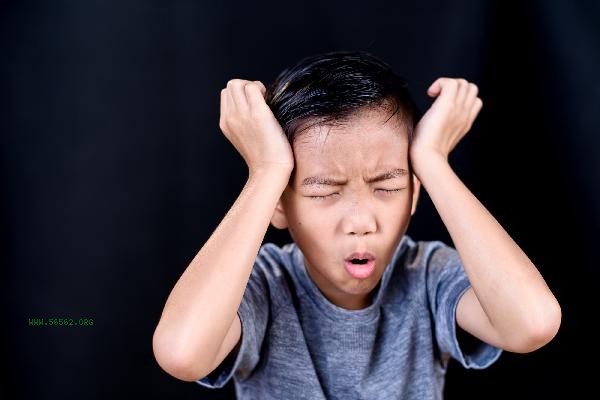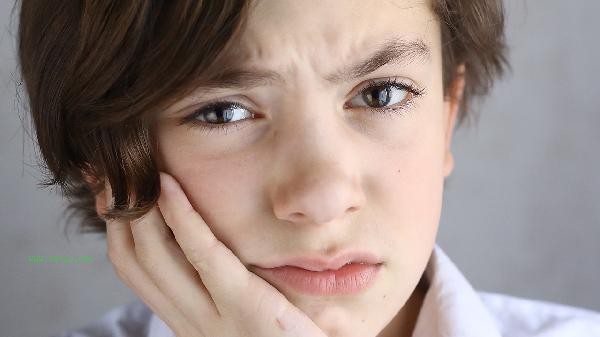During the period when children drink traditional Chinese medicine, they should avoid consuming raw, cold, greasy, spicy, volatile, and food that is incompatible with the medicinal properties. During the period of traditional Chinese medicine regulation, the diet should be coordinated with the medicinal effect. Improper diet may affect the absorption of drugs or worsen the condition. The main foods that should be avoided are mung beans, radish, strong tea, fatty meat, cold drinks, etc.

1. Mung beans
Mung beans are cold in nature and have detoxifying effects, which may reduce the efficacy of warm tonifying traditional Chinese medicine. If children take formulas such as Siwu Tang, Fuzi Lizhong Wan, etc. that nourish qi and blood or warm yang and dispel cold, consuming mung beans will neutralize the medicinal properties. During the medication period, millet porridge can be used to replace mung bean soup, which not only protects the spleen and stomach but also does not interfere with the efficacy.
2. Radish
The characteristic of breaking qi and eliminating accumulation in radish can weaken the effects of tonifying traditional Chinese medicine. When taking tonics such as ginseng and astragalus, the mustard oil component in radish may accelerate drug metabolism. It is recommended to use Chinese yam, pumpkin and other spleen strengthening ingredients instead to avoid affecting the qi replenishing effect of ginseng herbs.
III. Strong Tea
Tea contains tannic acid, which can easily combine with traditional Chinese medicine alkaloids and precipitate, affecting the absorption of effective ingredients in drugs. Especially when taking bitter and cold medicinal herbs such as Huanglian and Yanhusuo, drinking tea may aggravate gastrointestinal irritation. During the medication period, you can choose medicinal and edible drinks such as roasted malt tea or tangerine peel water.

Fourthly, fatty meat
Greasy foods increase the burden on the spleen and stomach, hindering the effectiveness of heat clearing drugs. When children take heat clearing and detoxifying formulas such as Yinqiao San and Banlangen, fatty meat can delay drug metabolism and generate dampness heat. It is recommended to choose cooking methods such as steaming and boiling, and prioritize the intake of easily digestible proteins such as fish meat.
5. Cold drinks
Low temperature foods can damage spleen yang and conflict with warming and dispersing cold drugs. When taking prescriptions such as Guizhi Tang and Xiaojianzhong Tang, cold drinks can cause internal stagnation of cold pathogens. Ginger brown sugar water can be used as a substitute for cold drinks. The temperature should be kept above room temperature to avoid vasoconstriction affecting drug distribution.

In addition to the above taboos, the diet should be light and easy to digest, and liquid foods such as rice porridge and vegetable puree should be properly added. Traditional Chinese medicine and Western medicine should be taken with a two-hour interval to avoid drug interactions. Parents need to observe whether their children have decreased appetite or allergic reactions after taking medication. It is recommended to control the daily water intake during medication at around 1000 milliliters, and drinking warm water in portions is more conducive to drug metabolism. If there are symptoms of medication food conflict such as diarrhea or rash, immediately stop eating suspicious foods and consult a traditional Chinese medicine practitioner to adjust the medication plan.









Comments (0)
Leave a Comment
No comments yet
Be the first to share your thoughts!